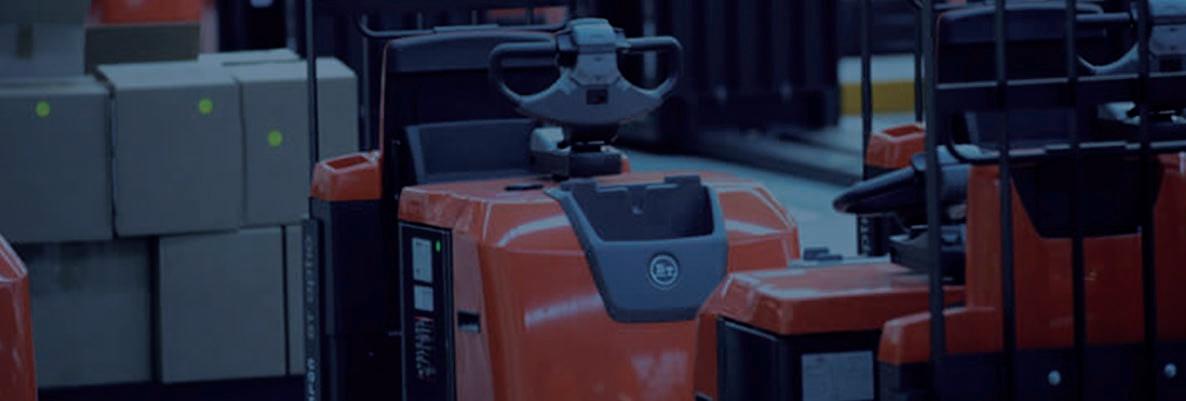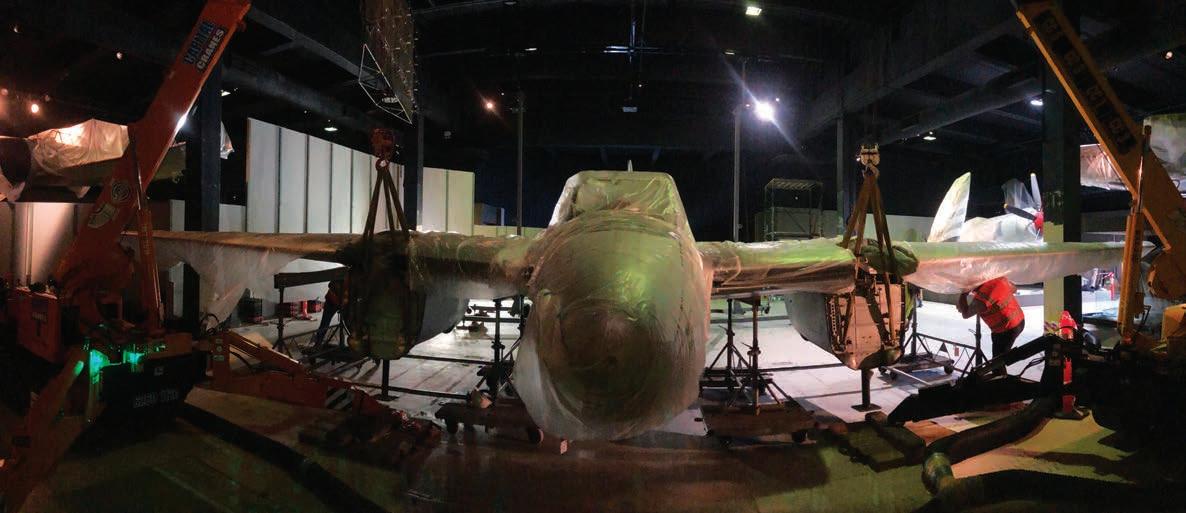
3 minute read
CICA Chair report Nick Morris, CICA Victorian Chair discusses the challenges facing members in the state
CICA VICTORIA STATE CHAIR REPORT Nick Morris addresses key issues facing the Victorian crane sector.
HAVING SPENT MOST OF HIS LIFE AROUND
cranes and now manager of engineering at Boom Logistics, Nick Morris is well placed to comment on the positives and challenges facing the crane industry in Victoria.
ROAD ACCESS
“Road access in Victoria has never been better” said Morris, “it’s apparent that VicRoads has allocated funding and resources to creating and updating the maps and we’re also seeing IAP data used purposefully.
I remember a time, in the 90’s when one of my father’s cranes had an early version of IAP, consisting of a Nokia phone taped to the windshield. The IAP has come a long way, as has road access. It is not perfect and while we may aspire to the Tasmanian model, I am also cognizant of the fact that the Victorian road network is larger and more complex. John Humphries, CICA Liaison Officer has been working closely with VicRoads on areas of the network that are problematic, and we are seeing the benefits. This relates to not just new routes, but also the first and last mile considerations.”
Morris has also seen a shift in culture over the years and has observed that most people within the industry are trying to do the right thing.
FALLOUT FROM THE COVID-19 PANDEMIC
“After some quieter times, in recent years we are entering an Infrastructure boom in Victoria. This led to confidence in the market, with strong projects not just in the city, but also across Victoria. The COVID-19 pandemic then settled in, and whilst key infrastructure has continued, I feel there is uncertainty ahead and an impact may be forthright. There has been a lot of time and money invested in getting projects ready and crane resources to Victoria, so a topical
Nick Morris, CICA Victoria state chair.
issue for us now is, where will the money come from for these projects moving forward? Will private investment shrink, relying on government to continue to boost via infrastructure? It is typical in this industry that if the big cranes are working, then the smaller ones are working too, so I do have some concerns about the number of jobs that will be placed on hold or postponed in the coming months.
I am primarily involved in the renewables sector and we have already seen one major project delayed over finance constraints. After infrastructure, the wind market in Victoria is likely the second largest in terms of opportunities for cranes. If the jobs are decreasing in the pipeline, who will be hiring the equipment, and will we see a lag that will take some time to recover from?”
There are circa 15 cranes capable of wind turbine installation in Victoria currently, and for every big crane there might be another four to five machines on site. Three to five years ago, there may have been two or three cranes of this size in Victoria.”
EMPLOYMENT
Morris can testify to the career opportunities in the crane and construction sector, “when I graduated from University, the City Link project meant there was work for a lot of engineering graduates in Melbourne. We are now seeing similar opportunities; with these projects leading to engineering and trade based opportunities. In renewables alone, the demand for wind technicians is booming; as such, any impact in investment in these projects will have a potential knock on effect to training and career opportunities.
“I hope there is funding support for projects, but on the flip side, as employees we all need to be realistic. Now is not the time to be putting out the hand for more money, but rather, it is the time to ensure ongoing employment,” he said.
The Victorian Mobile Crane Traineeship is good for the industry, and Morris hopes this will continue to evolve positively for the industry.
MENTAL HEALTH
One thing that Nick Morris has realised over the years, is the equal weighting of importance that mental health has. “A lot of attention is placed on creating a safer workplace through SWMS and the like, and while this is fitting, I have also come to appreciate that we need to make sure our workers are as safe at home, as they are on the work site.”
Morris supports the work being done by IncoLink and their Bluehats program. “Counselling, support and education are available, and I urge people to reach out to access these for themselves, for others and their workplaces.”










